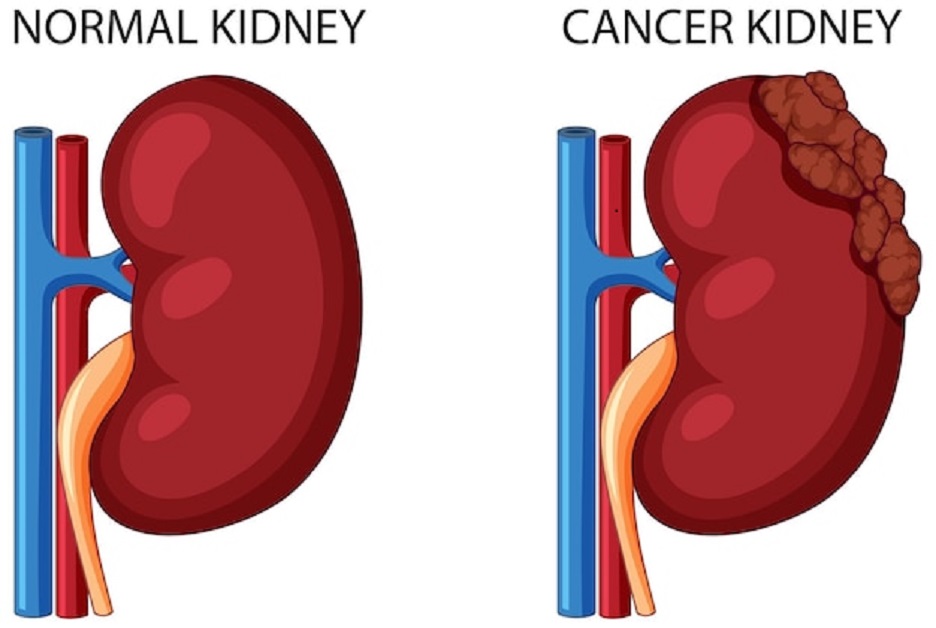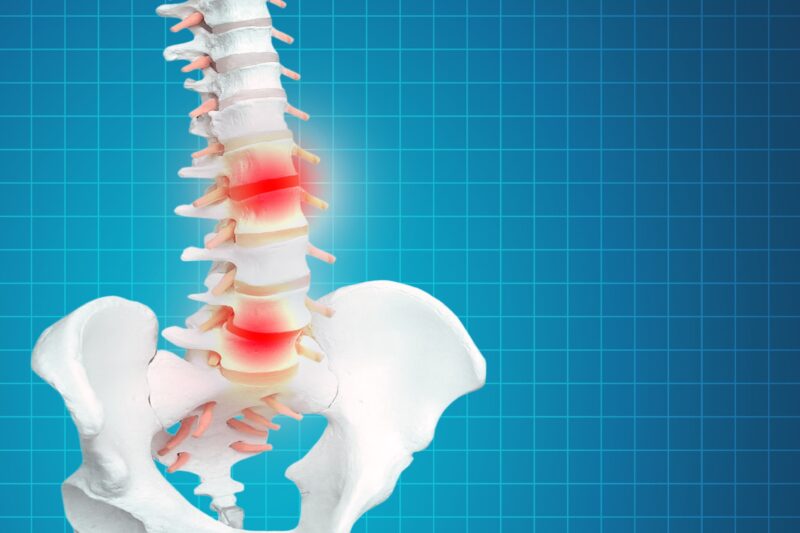Overview of kidney cancer:
The primary function of our kidneys is to filter the blood in our bodies. Inside of our kidneys, we can occasionally acquire masses that are also known as growths or tumours. However, the majority of these growths are not malignant in any way. You have to get a checkup at a kidney cancer hospital to determine whether or not the mass in your body is malignant.
There is a wide variety of choices available for the treatment of this condition. If your cancer is detected at an earlier stage, you may have even more treatment options. Your medical staff is available to assist you in any way they can.
They can assist you in gaining a better understanding of the benefits and drawbacks associated with various treatments. In this article, we will discuss kidney cancer in further detail as well as the actions you can take if a mass develops anywhere in your body. Once the tumour is confirmed, reach out to a best kidney cancer doctor to get treatment and avoid any complications.
Types of kidney cancer that can affect the human body:
Renal cell carcinoma:
In adults, this is the most common form of kidney cancer and accounts for around 85% of all kidney cancers. Renal cell carcinoma is most commonly found in one kidney, but it can spread to both.
Transitional cell carcinoma:
About 6% to 7% of all kidney malignancies are caused by transitional cell carcinoma. Your ureter links to the major portion of your kidney, which is where this cancer generally develops.
Renal sarcoma:
A very rare subtype of kidney cancer, affecting fewer than one in a million people in the world. Initially, it affects the kidneys’ connective tissues, but if left untreated, it can spread to other organs and bones.
The major signs that can help indicate the presence of kidney cancer:
- Blood in the urine
- A feeling of pressure or pain in the back or sides
- A bulge or lump in the side or back
- Swelling of the ankles and legs
- High blood pressure
- Low red blood cell count, or anemia, is a medical condition.
- Fatigue
- Loss of appetite
- Unexplained weight loss
- A persistent fever that is not caused by a cold, the flu, or any infection.
Risk factors that can increase the risk of the cancer:
- Older age
- Smoking
- Obesity
- High blood pressure (hypertension
- Certain inherited syndromes
- Family history of kidney cancer
Treatment provided by the nephrologist for kidney cancer treatment:
The optimal strategy for you may depend on a variety of factors, including your general health, the form of kidney cancer you have, if the cancer has spread and your choices for therapy.
Surgery to carefully remove the affected part:
For the vast majority of kidney malignancies, kidney cancer surgery is the first and most important therapeutic option available. While removing the tumour, surgeons aim to preserve kidney function as much as possible when possible. The following procedures are used to treat cancer of the kidneys:
Removing the affected kidney (nephrectomy):
In a complete (radical) nephrectomy, all of the kidney’s tissue is removed, as well as a healthy border around the kidney and other surrounding tissues.
Nephrectomy can be performed either with a single abdominal incision or a succession of tiny abdominal incisions. Reach out to the Best Kidney Doctor In Coimbatore in case you are dealing with cancer issues.
Removal of the tumour via surgical means (partial nephrectomy):
This type of surgery, known as kidney-sparing or nephron-sparing surgery, removes only the malignancy and a tiny amount of healthy tissue surrounding it. Open surgery, laparoscopic surgery, and robotic surgery are all options.
You may be able to save your kidney with kidney-sparing surgery if your malignancy is minor and you only have one. While complete nephrectomy may be necessary in some cases, kidney-sparing surgery is generally chosen since it minimizes the risk of renal disease and dialysis in the future. Reach out to the top 10 nephrologists in coimbatore in case you are looking for kidney tumour treatment.
Non-surgical treatments:
Treatments that don’t require surgery can be used to eradicate small kidney malignancies, few of them include:
Treatment to freeze cancer cells (cryoablation):
Ultrasound or another form of image guidance is used to introduce a specific hollow needle through your skin and into your kidney tumour during cryoablation. The cancer cells are frozen by the cold gas in the needle.
Treatment to heat cancer cells (radiofrequency ablation):
Ultrasound or other imaging is used to guide the insertion of the probe into the kidney tumour during radiofrequency ablation. Using an electrical current, a needle is inserted into the cancerous tissue and the cells are heated or burned. It is one of the best ways to treat kidney cancer stage 1, as it has not progressed further.
Treatments for advanced and recurrent kidney cancer:
Advanced kidney cancer treatment also may be recommended by the specialists to find a better relief, advanced renal cancer treatment can include:
Targeted therapy:
A cancer treatment that targets specific defects in cancer cells is called “targeted.” Targeted medication treatments can kill cancer cells by preventing aberrations in these processes. Your doctor may suggest that you get a sample of your cancer cells tested to evaluate which targeted medications have the best chances of working on your disease.
Immunotherapy:
Immunotherapy employs the body’s own natural defenses to combat cancer cells. Immune system cells may not be able to find and destroy the disease-fighting proteins that cancer cells make to help them hide from the body’s disease-fighting immune system. Anti-inflammatory therapies, including immunotherapy, disrupt this mechanism.
Radiation therapy:
In order to eradicate cancer cells, radiation treatment makes use of concentrated beams of high-powered energy produced by sources such as X-rays and protons. When kidney cancer has progressed to other parts of the body, such the bones or the brain, radiation therapy may be used to help control or lessen the symptoms of the disease.
Kidney cancer can lead to severe complications, early diagnosis and the right treatment for the condition.





